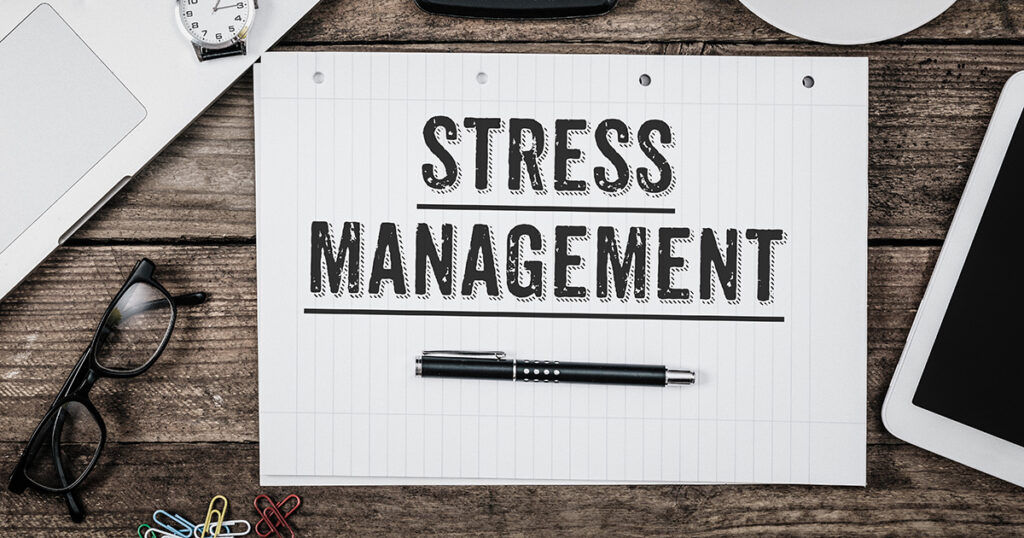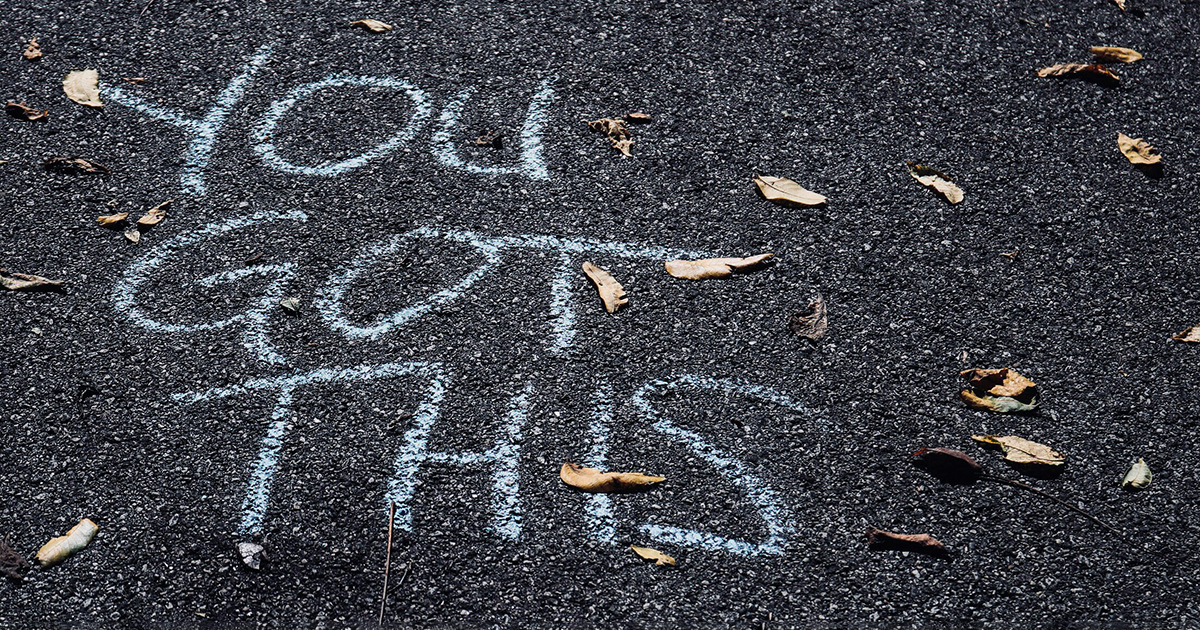I walked into my friend’s dorm for the first time and scattered all over the floor was unwashed clothing and fast-food trash. The stench caused by stress eating engulfed the entire hallway leading into student housing. “Sorry man, it’s been a rough couple of weeks,” said my friend.
Of course, I understood, as the week of final exams was approaching rapidly.
The ongoing battle between mental health and college students is something that’s not always talked about in the learning environment. Every student wants to have the highest GPA, take on the most classes, go to every party, and have time for beloved hobbies.
This is simply an unrealistic standard that’s often implied on social media.
When assignments start stacking up and work demands more hours, this can create a stressful, unbalanced environment and lead you down a rabbit hole of dread, anxiety, and depression.
How Can We Combat College Stress?
Make Note of Everything on Your Plate
Writing down or listing the things that are making you stressed can make it easier to deal with the amount of work required. Keeping this list handy and checking off each item as you complete them, can help the workload start to feel lighter and can free up space in your mind to focus on the task at hand.
Approach the Fight One Battle at a Time
With 25+ assignments due, where do I start? With the first assignment based on when items are due! Work your way through your list one thing at a time. Looking at the grand scheme of things can be overwhelming, so it is best to view each task one assignment at a time.
Set Boundaries
It’s okay to tell somebody no. When you already have a lot of things on your plate, it does not make sense to take on more. Do not feel bad for saying “I am overloaded and physically cannot take on another thing.”
Phone a Friend
Verbally acknowledging the cause of your stress can help rewire the brain to come to terms with stress and push for a change. The hardest part is always the first step. Message, call, or meet up with a friend or family member and tell them your goals. For example: “I am going to go home and finish all my biology homework tonight so I have time to do my Statistics test tomorrow.”
Schedule Some Me Time
One of the most important things that students forget is to make time to unwind and rejuvenate. Read a book, play a video game, or even just sit and stare at the ceiling. If you don’t give yourself time to make sense of a situation, you’ll be more prone to let stress impact your attitude and face lower energy levels required to work throughout the week.
The Importance of Sleep
Sleep revives the body and refills energy levels. When matched with a healthy, energizing diet, you can maximize your physical and mental potential and sharpness. Sleep will also lower stress levels and help to calm anxious feelings.
Accept That Everybody Is Different
What works for one person may not work for another. It is important to find what works for you and keep up with that routine. As Napoleon Hill once wrote; “You are the master of your own destiny.” If you don’t control it, someone else will.
Don’t Be Afraid To Ask for Professional Help
Above all else, if your stress or anxiety become too much to handle yourself, reach out to professional counseling resources.
Colleges and universities offer student counseling services, sometimes through an on-campus center and other times through a referral service.
At Eastern Florida State College, our student assistance program is a referral partnership that can be accessed by any enrolled EFSC student through a special hotline known as EFSCares. Reaching out starts a confidential process that can include one-on-one counseling and other health services or referrals.
- High School To College: 5 Things I Wish I’d Known - August 2, 2023
- 3 Skills To Learn Before Living on Your Own - June 7, 2023
- I Failed a Class, Now What? A Student’s Guide for Dealing with Failure in the Classroom - May 10, 2023




